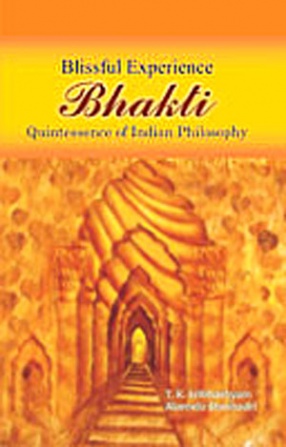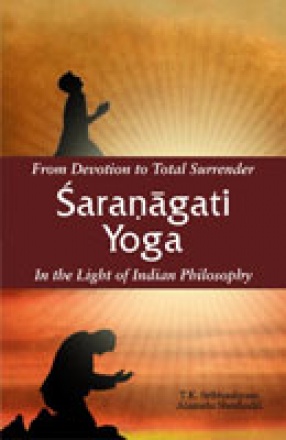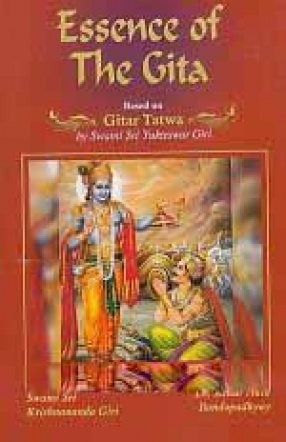Blissful Experience, Bhakti: Quintessence in Indian Philosophy
Bhakti-yoga is seen as the direct path to perfection that leads to the very heart of religious consciousness. Ramanuja's concept of bhakti (devotion) emphasised the practice of self-surrender through which a person realises his personality, strengths and weaknesses, and hidden powers. Bhakti, for him, acts as a link between mortals and the Ultimate Reality.
This book examines the views of Vishishtadvaita of Ramanuja on bhakti and prapatti (self-surrender). It studies in-depth the meaning of God, the soul and the Supreme Soul, and the world; the concept of bhakti; the different stages of bhakti referring to numerous sources that include the Vedas, the Bhagavad-Gita, the Upanishads and the Puranas. It focuses on Ramanuja's teaching of bhakti, examining his philosophy in general and his sevenfold practice, Sadhana Saptaka to generate bhakti that expounds the qualities and significance of discrimination for viveka, freedom from sensual attachment or anger for securing vimoka, repeated reflection of God, performance of religious duty for inner mental strength, development of ethical virtues, freedom from despair and freedom from excessive joy. It understands the relevance of symbols in devotion and examines nature and use of symbols in Buddhism and Hinduism. The scholarly study discusses the importance and cultivation of peaceful emotions, and need for prayer and dietary regulations in devotion.
The volume will prove an indispensable work for scholars of Indian philosophy and religious studies.
Get it now and save 10%
BECOME A MEMBER










Bibliographic information
Alamelu Sheshadri